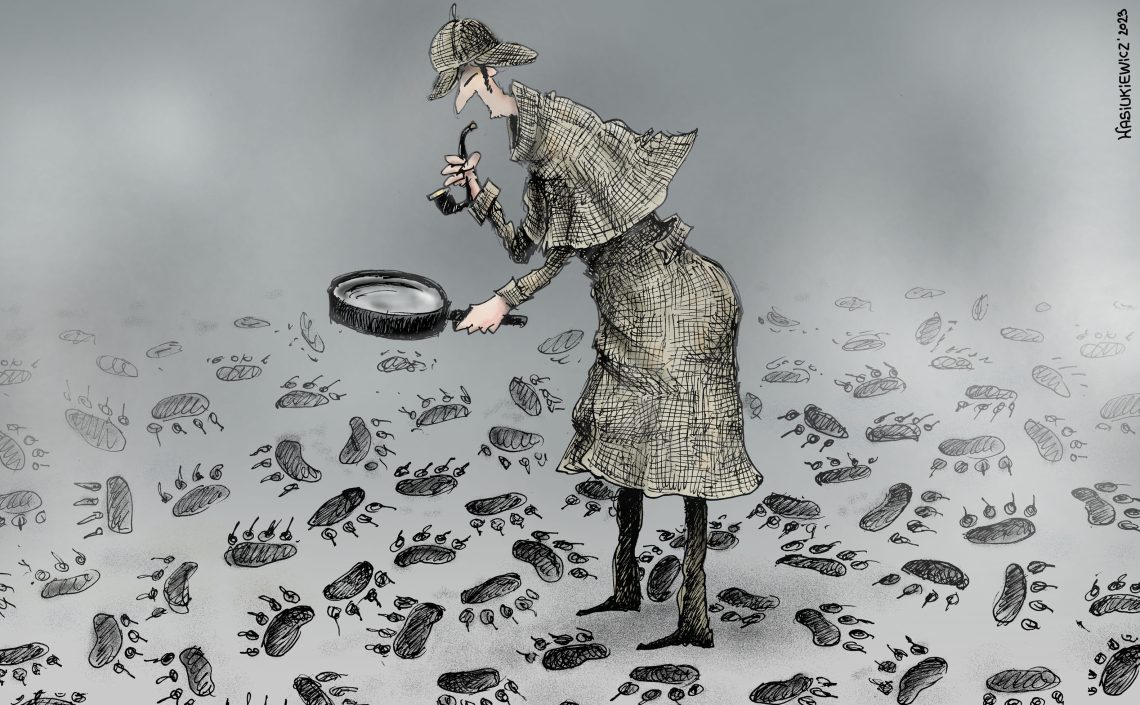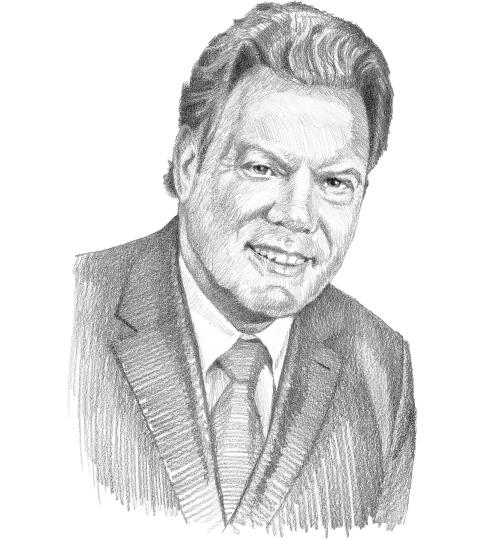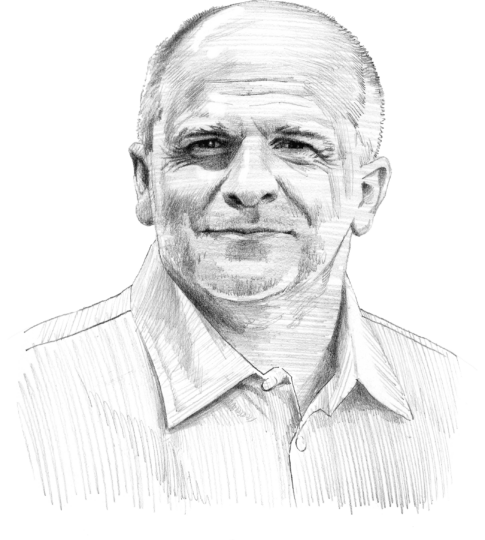The Wagner march on Moscow offers another Russian enigma
The Wagner Group’s mutiny and its abrupt end offer more questions about Russia than answers.

On June 24, the world was gripped by events coming out of Russia, as what seemed like a coup attempt against President Vladimir Putin unfolded. The Wagner mercenary group, headed by Yevgeny Prigozhin, captured several cities and was headed for Moscow.
Many Wagner fighters are convicted criminals, allowed to leave prison if they signed up with the organization. For years, Wagner has been operating in various African countries, fighting for Russia’s perceived interests. Its units also engaged in combat alongside the Russian army in Ukraine. In many instances, they were thrown into the front lines, where most intense battles were taking place.
Mr. Prigozhin had been heavily critical of the Russian military in Ukraine, and in recent weeks had made thinly veiled remarks that were easily interpreted as insulting President Putin himself. In the days and hours before the apparent putsch, he recorded rants heavily criticizing President Putin’s policies, and then ordered his fighters to retreat from the front lines of Ukraine. In the late hours of Friday and early Saturday, he sent them to occupy the important southern Russian metropolis of Rostov-on-Don. From there, the march on Moscow followed.
Gerasimov’s role
The Russian military leadership dislikes Wagner. Chief of the General Staff Valery Gerasimov, who has been commander of operations in Ukraine since early this year, was among the group’s biggest critics. Many in the military, including Gen. Gerasimov according to some sources, were reluctant to engage in the Ukraine war because they knew Russia was ill-prepared for the fight. A constant conflict between the regular army and the mercenaries persisted. It is likely that the army command preferred using Wagner units in operations that would yield high casualties, as they could reasonably consider the elimination of mercenaries and criminals as a lesser loss for the nation than regular soldiers.
The mystery lies in why Mr. Prigozhin suddenly turned against President Putin, his old pal, sponsor and boss. Another question arises as to why General Gerasimov, a highly experienced soldier, did not immediately halt Wagner’s advance toward Moscow.
President Putin has become increasingly isolated in recent years, particularly during the Covid-19 pandemic. As is often the case, his inner circle provided him with information that aligned with his preferences rather than with reality. This has led to growing miscalculations.
However, we should not automatically jump to the conclusion that this incident has irretrievably weakened President Putin and Russia’s fighting capabilities, as some in Ukraine and the West currently hope. As Winston Churchill once said, “Russia is never as strong as she looks; Russia is never as weak as she looks.”
More on Russia and Vladimir Putin
How to deal with Russia
Putin’s lonely Russia
On Saturday night, Mr. Prigozhin suddenly halted his troops’ advance toward Moscow and ordered them to retreat. This decision followed a telephone conversation he had with Belarusian President Alexander Lukashenko. Reportedly, President Lukashenko offered Mr. Prigozhin asylum, and the Kremlin confirmed that neither Mr. Prigozhin nor his mercenaries would face prosecution. The deal, however, probably does not mark the end of this story.
In 1939, Churchill remarked, “I cannot forecast to you the action of Russia. It is a riddle wrapped in a mystery inside an enigma, but perhaps there is a key. That key is Russian national interest.”
Prigozhin’s motives
Mr. Prigozhin is brutal, cruel, ruthless – and often shrewd. However, he is not wise nor particularly strategically minded. He built his career on being a tool of the Kremlin. But why did he turn against his master? He was well aware that the military disliked him and his group (the feeling was mutual). It is unlikely that he could have carried out this coup alone. Who encouraged his actions? Given his ego, it probably was not difficult, as his self-assuredness may outweigh his ability for sound judgment.
Speculations abound. It could be the Kremlin itself, seeking to eliminate him as he became a liability and looking to open the door for other “reorganizations.”
Another possibility is that the top military brass set a trap, no longer satisfied with the leadership in Moscow. This could be used to create a rift between the Kremlin and its Palatine Guard.
We cannot assume that the traditional opposition groups connected to Alexei Navalny or Mikhail Khodorkovsky are playing a role. We must return to Churchill’s perspective on Russian interests.
Making Russia ‘great again’
President Putin believes that he is the man who can restore Russia to its former greatness. Driven by his zeal to emulate the historical achievements of the Tsars and the USSR, he seeks to regain influence in former Soviet Union member states. He subscribes to what is known in the West as the Brzezinski Doctrine – an outdated theory that holds that Ukraine is essential for Russia to be a great power.
However, some in the military understand that this war is detrimental to the country and its interests. Its leaders may be inclined to eliminate any obstacles that hinder discussions regarding a resolution to the conflict. Russia does not need Ukraine. There are ample areas in the east, particularly Siberia, where Russia can expand and grow.
There is room for speculation on this matter. The reduced numbers of Wagner mercenaries on the front lines do not appear to have weakened the position of the Russian armed forces.
However, what will happen to the regular Wagner mercenaries? In January, it was estimated that around 10,000 contractors and 40,000 convicts were fighting under the banner of Wagner in Ukraine. A significant number of them may have been killed or injured since then. Will this specialized unit be placed under new leadership or disbanded, with some members integrated into the Russian army? It is highly unlikely that Mr. Prigozhin will continue to lead the group from Belarus.
Furthermore, the future of approximately 5,000 Wagner mercenaries in Africa is worth considering. This group consists of former Russian soldiers, convicts and foreign nationals, and they play a crucial role in Russian-African relations.
For now, the most crucial enigma is: How do the various actors perceive Russia’s interests?



